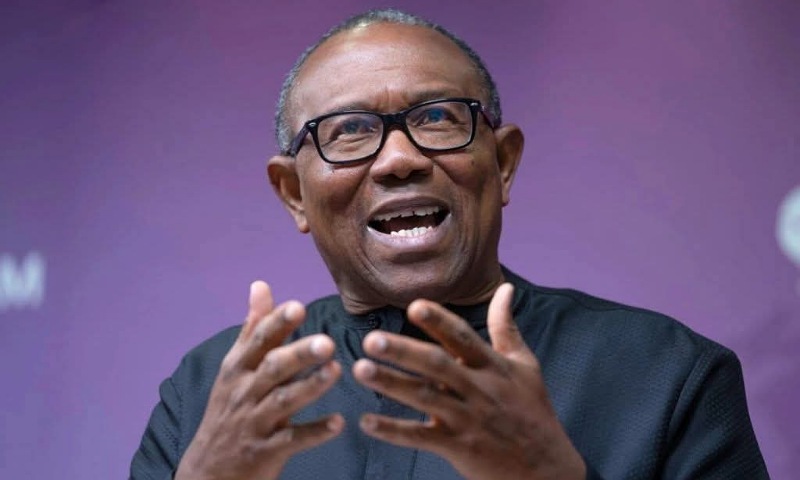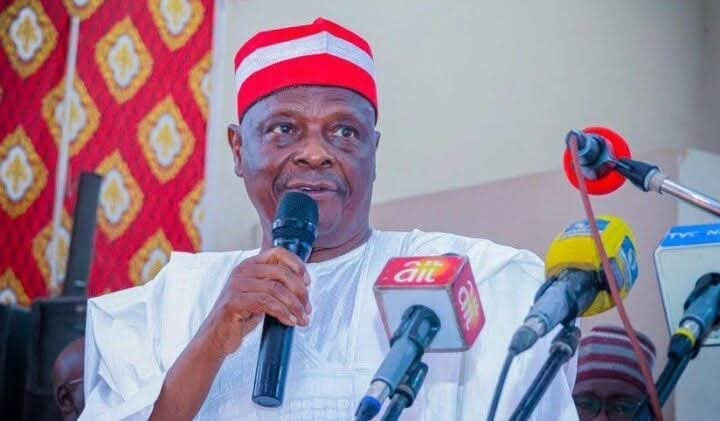The clash between supporters happened outside the Peoples Democratic Party headquarters in Abuja, the police used teargas to break up the crowd. The incident reflects deep divisions in Nigeria’s main opposition party.
The Outbreak of Violence
On November 18, 2025, security forces responded to rising tensions at the PDP secretariat. Supporters of rival factions fought hard.
Meanwhile, governors tried to enter the building. Bala Mohammed from Bauchi and Seyi Makinde from Oyo faced blocks from opposing groups. Their aides encountered physical resistance. As a result, chaos spread rapidly. Police used teargas to restore order. No serious injuries occurred during the dispersal.
Roots of the Leadership Tussle
The PDP is plagued by internal conflicts; there are different factions tussling for the control of the party leadership. One of the most crucial camps is led by the Federal Capital Territory Minister, Nyesom Wike.
Past Incidents Fuel Tension
The secretariat was rocked by protests on November 3, 2025. A group stormed the building amid a leadership takeover attempt. Police intervened with teargas then too.
The PDP further petitioned the Inspector General of Police over what they described as violent takeovers by thugs. Staff were being attacked and disrupted. In response, authorities sealed up the headquarters for a while to avert further clashes, but tensions lingered.
Key Figures and Their Roles
Nyesom Wike actively blocks rivals. His supporters deny access to crucial meetings. Governors Mohammed and Makinde represent different perspectives.
On the contrary, Damagum insists on his position. He operates from his office, despite protests. The factional Board of Trustees chairman hails greed as the reason for the crisis. Meanwhile over 3,000 delegates are getting set to contest a convention slated for November 15 and 16, that could determine the party’s fate. However violence may disrupt proceedings.
Conclusion
The observers are watching closely. Further violence could weaken Nigeria’s democracy. Political parties have to iron out disagreements amicably if the country is to enjoy stability.


